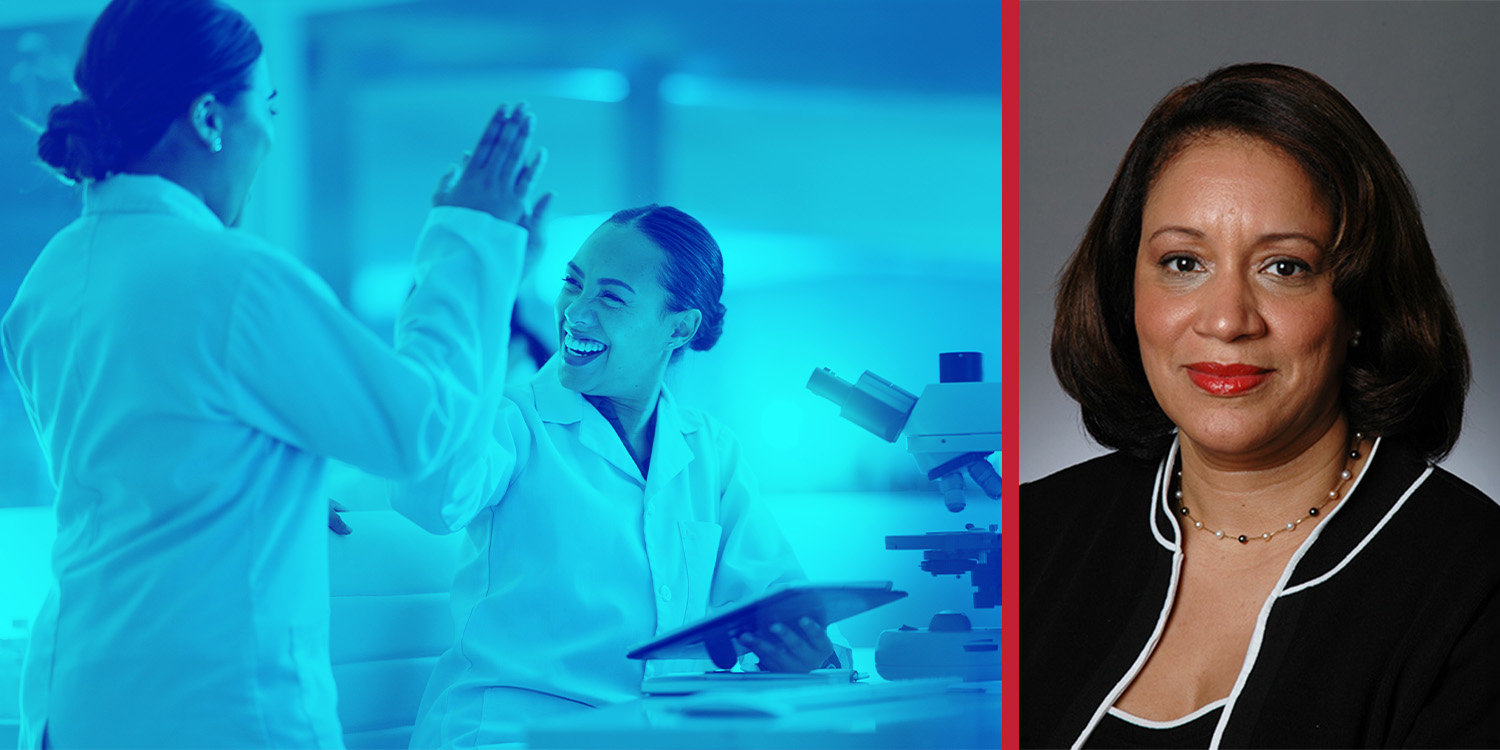
How Do I Retain My Best Talent? Lessons in Organizational Retention Through Belonging Strategies
Presented by
Donna Matthews Jarrell, DVM, DACLAM
Responsible leaders at all levels have significant challenges these days when it comes to ensuring that the care provided by their teams is of the highest quality and exceeds regulatory requirements while controlling costs and meeting critical timelines.
Watch the webinar →Webinars
What Type of Water Should Our Research Animals Drink, and Why?
Presented by
Robert C. Dysko, DVM, DACLAM
In this session, Robert C. Dysko, DVM, DACLAM, will provide background information on possible water sources as well as present options and recommendations regarding available methods to treat and condition drinking water at an institution.
6 Simple Tips That Will Significantly Improve Rodent Surgical Outcomes Webinar
Presented by
Marcel Perret-Gentil, DVM, MS
Participants will discover six simple but impactful tips to significantly improve surgical outcomes. This presentation is designed for individuals with minimal or no rodent surgical skills and is also a valuable opportunity for those with considerable experience wanting to improve outcomes as well as teach such key principles.
Reproducibility Of Animal Studies
Presented by
Nuno Henrique Franco, PhD
Frequent failure of clinical trials based on preclinical findings raises questions about the translational value of animal models. However, estimating the predictive validity of animal models is hindered by most ‘positive results’ being a consequence of methodological failures and uncontrolled biases, rather than treatment effects.
The Use of Performance Standards in the AAALAC Accreditation Process
Presented by
Javier Guillén, DVM
In this session, the use of performance standards by AAALAC International and institutional animal care and use programs, in general, will be discussed, as an example to follow for professionals and institutions participating in the AAALAC accreditation program or just willing to implement effective practices.
Working with Difficult Personalities
Presented by
Laura A. Conour, DVM, DACLAM
Pamela Straeter, MS, RLATG, CMAR, CPIA
Do you have a PI, colleague, or employee who you just dread working with? Is your day ruined when you see this person looming in the door of your office and stomping into your personal space? Have you tried deep breathing exercises but still find yourself grinding your teeth after a totally non-productive encounter? Are you starting to ask yourself, “is it me?” If you’ve answered yes to any or all of these questions, then this topic should appeal to you!
Does Your Occupational Health Program Need a Shot in the Arm?
Presented by
Timothy D. Mandrell, DVM, DACLAM
Mildred Montgomery Randolph, DVM, DACLAM
Occupational Health and Safety Programs (OHSP) have historically presented a challenge for animal care and use programs across the spectrum of organizations. Successful OHSP do not just happen. They require strategic training and coordination from several stakeholders.
